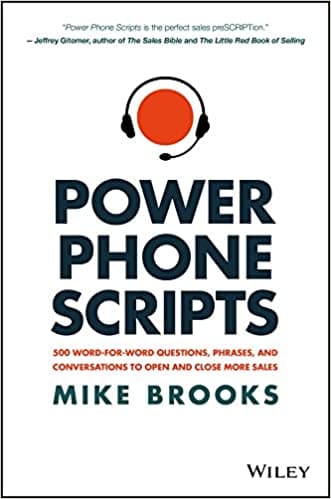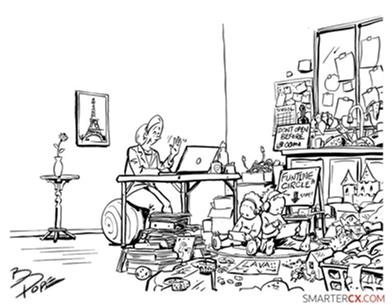1Exponential growth: “yesterday everything was still under control?!”
In country after country, we watch with horror, the same pattern playing out. News of a small number of Corona virus infections that soon gallop and spiral out of control as days go by. The blog explains this with the familiar “story of the inventor who asked to be modestly compensated by his emperor by receiving one grain of rice on the first square of the chessboard, two on the second square, four on the third square, and so on until all squares are filled. About halfway into the chessboard the emperor realizes that the request wasn’t as modest”
Ray Kurzweil is credited with coining the expression “the second half of the chessboard”. In the first half the effects are large but potentially manageable. In the second half things become unmanageable.
Given the near exponential growth of infections till it peaks and slips away, there is a pervasive risk of underestimating the danger posed by an initial small number of cases. Human mind struggles to imagine how quickly that small number can turn into a very large one. So, the blog concludes: “The logic with all undesirable things with exponential growth rates is the same: you want to nip it in the bud early”
The Business Lesson: Never underestimate the power of delta, however small. Small slippages, in costs or quota, can quickly add up to upset the apple cart. By the same logic, small gains in efficiency or sales numbers can create impressive results. The 1% rule operates all the time
2Phase changes: Everything is fine until it suddenly isn’t
In the language of complex systems, there are ‘tipping points’ or ‘phase changes’ on reaching which things change dramatically. “An epidemic starts and hospital beds start filling up. Everything is basically fine”. The feeling is, why resort to costly containment measures at this stage? Then the new infections reach a ‘tipping point’ and hospital beds are suddenly not sufficient. After that the system seems crumble under pressure. Hence knowing in advance where things will fall apart is critical, though there may be nothing that can be done about it
The Business Lesson: Post pandemic business environment is likely to be fragile. In such a world, it would be a big strength to be aware of the “tipping points” of your business as also those of your suppliers and buyers. It can contribute to becoming nimble and better managing potential risks
3Delayed feedback cycles: “why are things still getting worse even though we introduced all these measures?”
Infections being diagnosed and counted today are of those who caught them a fortnight or so ago. “The current count of diagnosed cases captures a past reality, not the present situation. It‘s like looking at a star at night — because light takes time to travel to us, you’re looking at the past” says the blog. This is called a delayed feedback cycle in complex systems language. It tends to cloud our understanding about the efficacy of measures already taken or to be initiated. The blog sums up the idea this way: “The actions we take today have to match the magnitude of the problem in a week’s time (or so). Otherwise we will be playing catch-up forever - and that is a losing proposition. What might look like an overreaction is, in fact, more likely to be perfectly proportionate”
The Business Lesson: Invest early and way before a need arises. So, to be successful in the post crisis scenario, it would make sense to assess the skill needs that would come up then and invest now, during the downtime
4Leverage points: (relatively) small change, (relatively) large effect
The fourth concept involves one more feature of complex systems. In all complex systems there exist ‘leverage points ‘. These are points in which small sized interventions can produce outsized effects because of the position and influence of those points in the system as a whole. For instance, social distancing, travel restrictions and hand washing, taken alone are small sized simple interventions. But their effect on containment has been shown to be enormously positive. The reverse of that is equally true. Not paying heed to these seemingly simple precautions can have a disastrous effect in terms of infections and fatalities
The Business Lesson: Use the lockdown period to take a close hard look at your business and identify the leverage points that can produce outsized positive and negative outcomes. Examples can include: Use of well-crafted sales scripts for different sales situations, taking notes during client meetings or managing each Customer as a key relationship. While these are positive leverage points, negative ones could be things like failing to send thank you notes after meetings. Tweak processes such that leverage points with negative potential are eliminated and positive ones are incorporated as a standard operating procedure
Ants are legendary in their war room like planning for future. Disasters, rains or famine, ants are never out of food because they plan ahead with meticulousness. It would take planning and commitment akin to ants to beat back the pandemic and thrive in the emerging new order
You can read Danny Buerkli’s blog Gradually, then suddenly — Four concepts that may help us think clearly about the coronavirus epidemic (March 10, 2020) for New England Complex Systems Institute here















